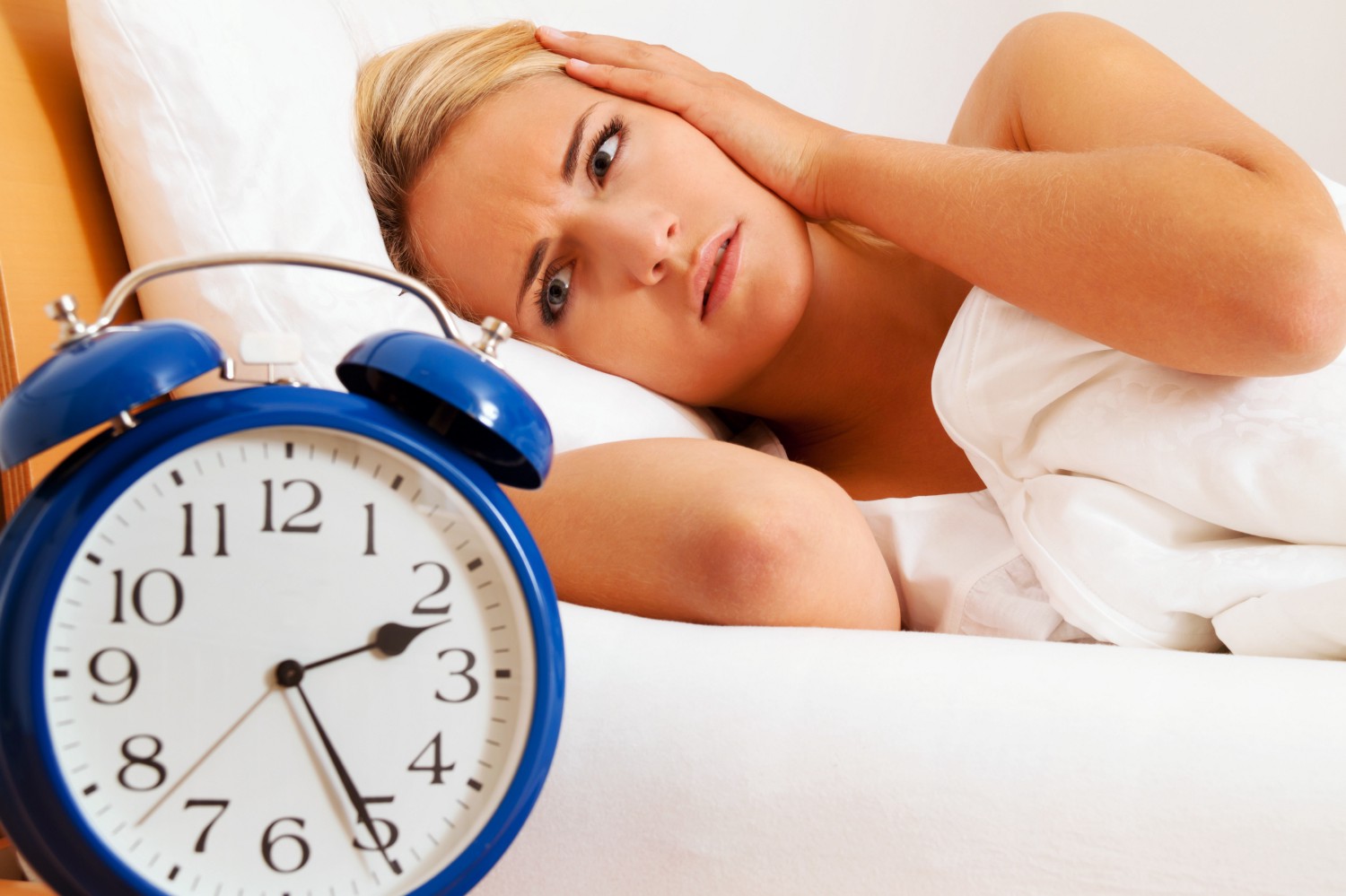“Get a good night’s sleep” has long been the stuff of conventional health wisdom and moms dispensing well-meaning advice — along with “eat your vegetables” and “get some exercise.” But now that we’re in the golden age of the all-nighter — driven by a Silicon Valley-influenced work culture and the late-night lure of digital devices — there’s a renewed scientific focus on how sleep impacts well-being.
Numerous studies reveal that a restorative night’s rest impacts body and mind by:
· Helping process and save memories
· Repairing muscle and other tissues
· Boosting the immune system
· Regulating appetite
· Improving cognitive functions like attention and creativity
With such important functions at stake, experts recommend focusing on getting the most out of bedtime via “sleep hygiene” — the practice of regulating your day-to-day schedule and environment to boost sleep quality.
Ways for Improving Sleep Hygiene
1. Stay on schedule
Going to bed and rising at the same time teaches your body to maximize energy during active periods and relax and wind down when you need rest.
2. Keep a sleep journal
Log bedtime habits and results to identify your most (and least) healthy sleep habits.
3. Stick to a bedtime routine:
Doing the same things every night before hitting the sack gives your brain and body clues that it’s time to wind down. Best practices in pre-sleep routines include:
– Unplugging from electronic devices and dimming lamps, since light throws off the circadian rhythms dictating sleep readiness
– Listening to quiet music
– Taking a warm bath
– Practicing deep breathing or meditation
4. Create a sleep-friendly environment
Rooms kept at 60 to 75 degrees facilitate the body’s natural sleep-productive dip in temperature. A quality mattress that lets air circulate freely and contains temperature-controlling materials like heat-absorbent gels is also a worthy investment for “hot sleepers” (and perhaps even their partners!)
Keep everything calm, quiet, and free of sensory distractions that can jolt you into awareness. Install blackout shades and or use a white-noise machine to keep outside noise and light at bay. Don’t let wriggling pets sleep with you, and explore mattresses with motion-control elements.
5. Exercise
Daytime workouts let you fall asleep and stay asleep by tiring you out and reducing stress. That said, avoid vigorous exercise 2 to 5 hours before bed. Instead, try gentle stretching or a few low-impact yoga moves.
6. Improve your pre-bedtime diet
Avoid salty foods; complex carbs and alcoholic beverages. Instead, eat small, protein-rich snacks like cheese and crackers or apples slathered in peanut butter, with a chaser of herbal tea or warm milk.
With sleep trackers and apps proliferating and sleep coaches lulling their clients into blissful slumber, it seems safe to say that the pursuit of the high-quality snooze will become as commonplace as personal trainers and the latest pure-food diets. Until then — good night, and sleep right.
Alvaro Vaselli is the Founder and CEO of Nuvanna, a start-up that combines his 20+ years of leadership in product design and material science in sleep products with his passion to help others achieve a more balanced life. As an entrepreneur, innovator, and team builder, he inspires people to live a more balanced life that includes better sleep, mindfulness, positivity and gratitude. Alvaro is committed to providing best-in-class, innovative products with thoughtfully created and expertly curated resources.
Connect with Alvaro on Twitter and Linkedin.
SOURCES
1. http://www.webmd.com/sleep-disorders/sleep-habits-assessment
2. http://sim.stanford.edu/resources/smg_patient_info/SLEEPHYGEINE9-09.pdf
3. https://www.rodalewellness.com/health/sleep-hygiene
Originally published at medium.com


